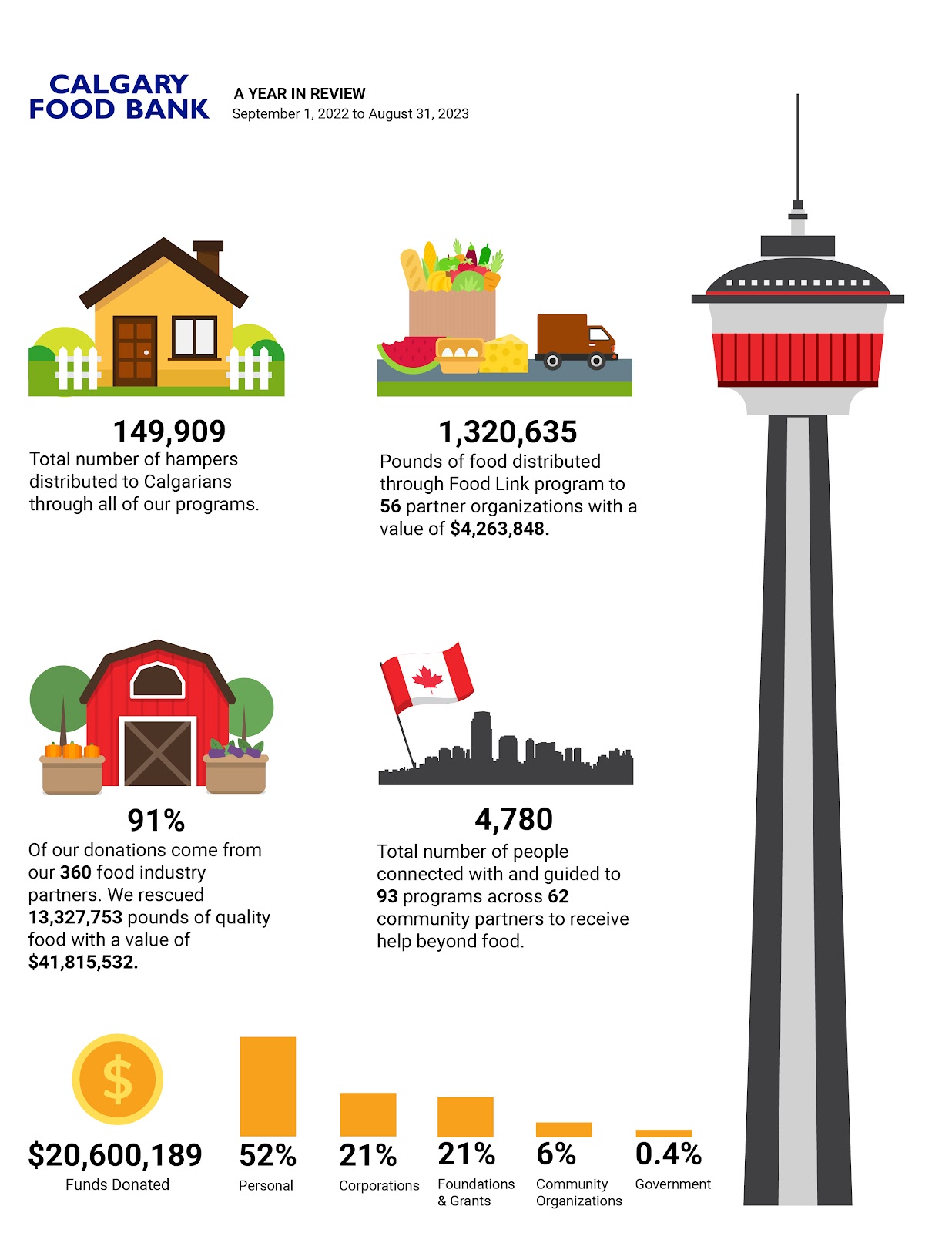My Future Business Model
I envision a business model that emphasizes volunteer work and charitable activities as a key factor during recruitment processes. The idea is to establish partnerships with volunteer organizations and create what I call “volunteer leave” for employees, allowing them to engage in community service activities during designated days off.
As someone who is currently involved in food bank volunteering in Japan, I have noticed that many organizations face significant challenges due to a lack of manpower. Although my group is relatively large and receives corporate support, it is one of the few active food banks in my urban area. This scarcity is quite surprising, especially considering that cities like Calgary and Toronto have multiple food bank organizations, while Japan, with a much larger population, does not see as much volunteer activity. During my visit to the Calgary Food Bank, I analyzed why volunteerism is more prevalent there compared to Japan.
My observation is that, unlike in Japan, volunteering in Canada is integrated into high school graduation requirements and plays a significant role in university admissions, job applications, and career advancement. These factors contribute to Canada’s reputation as a leading nation in volunteerism.
Upon returning to Japan, I realized that incorporating volunteer work into graduation requirements would be challenging without working within the government or the Ministry of Education. However, if I were to join a major corporation and work in the human resources department, I could advocate for the importance of volunteer activities during internships, corporate presentations, and interviews. By doing so, I believe it could become a trend. Additionally, establishing volunteer leave could allow employees to take time off to participate in volunteer activities, increasing employee satisfaction. By limiting volunteer leave to about three hours instead of a full day, we could reduce the sense of obligation and improve work-life balance.
Admittedly, monetizing this business model could be challenging. However, the company could benefit in non-financial ways, such as promoting its image of corporate social responsibility and making it easier for employees to take time off. For instance, Salesforce, a well-known tech company, offers its employees “Volunteer Time Off,” which allows them to volunteer up to seven days a year. This policy has not only boosted employee morale but has also enhanced Salesforce’s reputation as a socially responsible company.
By implementing similar policies, companies can position themselves as attractive workplaces that value both community engagement and employee well-being.







No comments:
Post a Comment